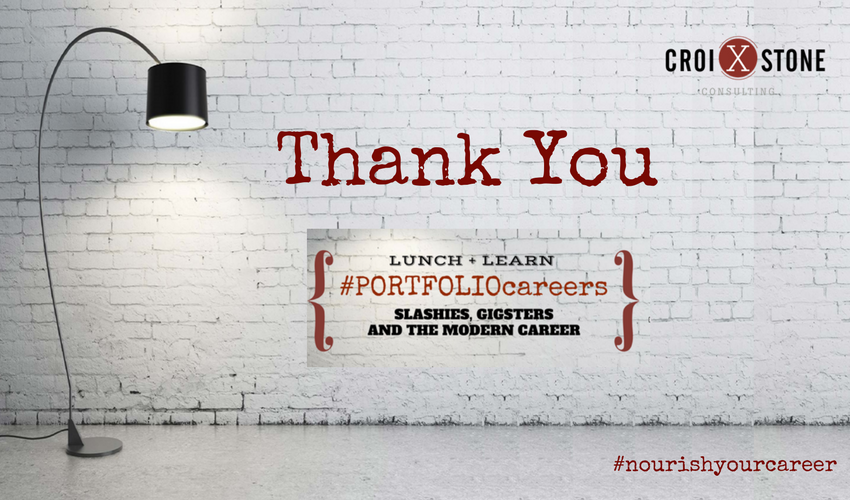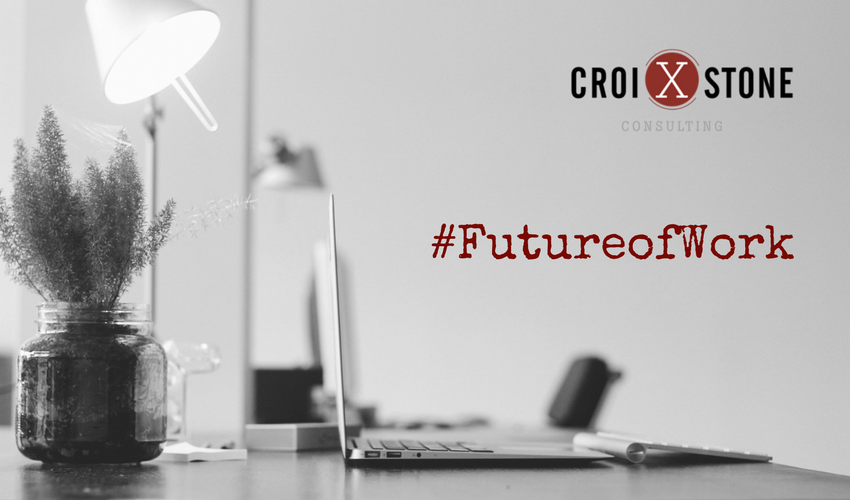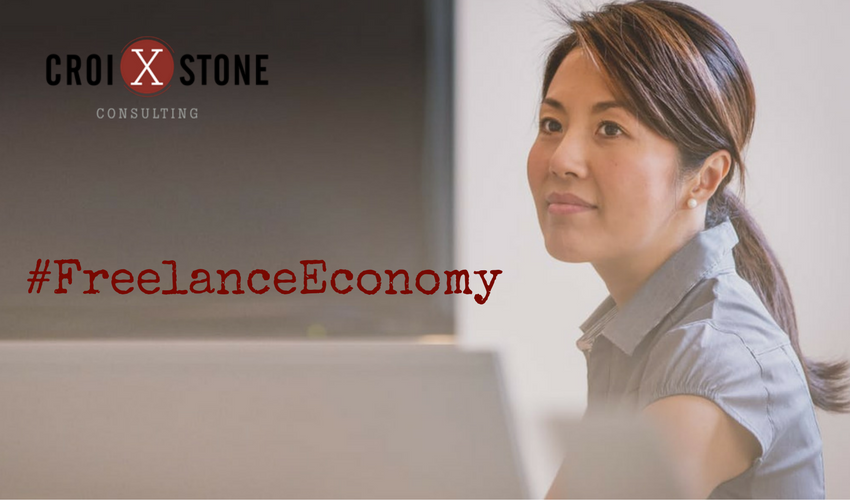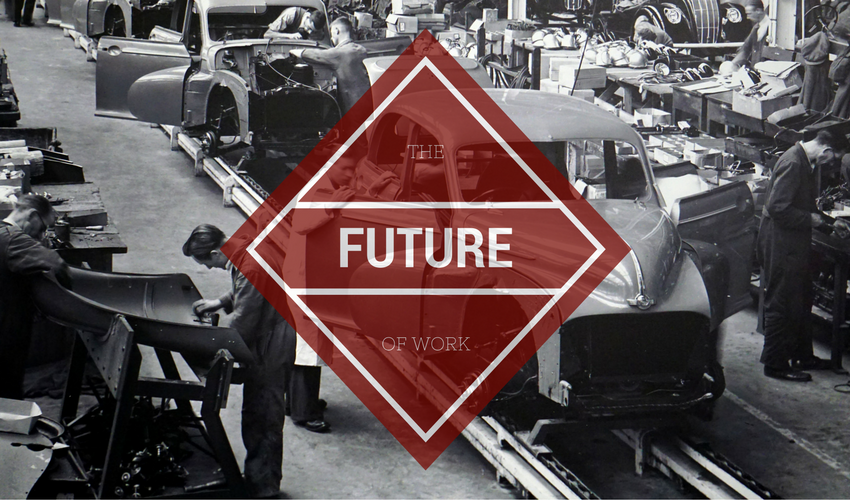A New Way to Define “Good” Jobs in the USA?
Over the last century, the American culture has held steadfast to a standard on what constitutes a “good” job. A fascinating, new article by Harvard Business Review makes a compelling argument that is it time for America to pivot from that conventional standard.
Read the article here.







